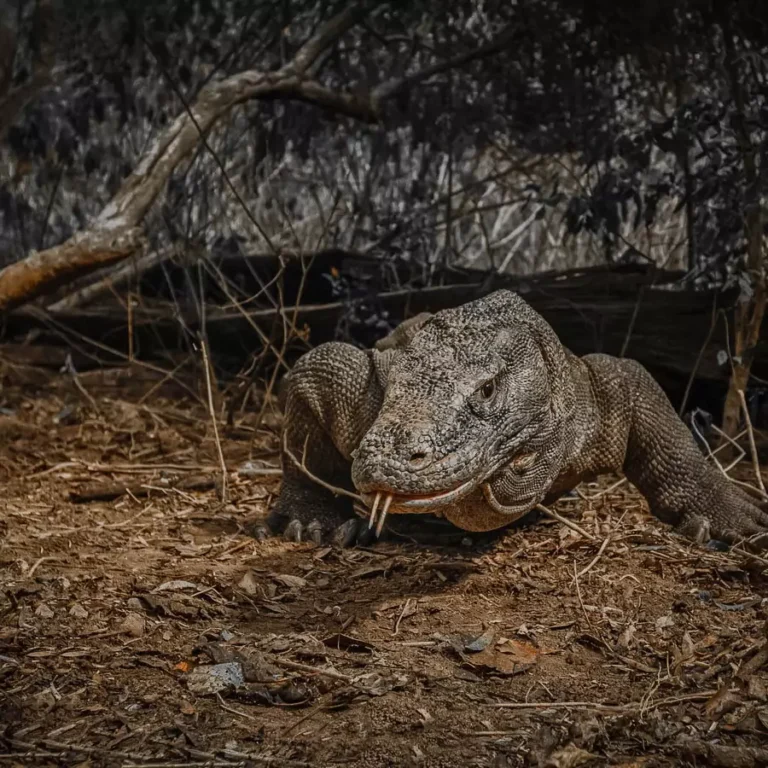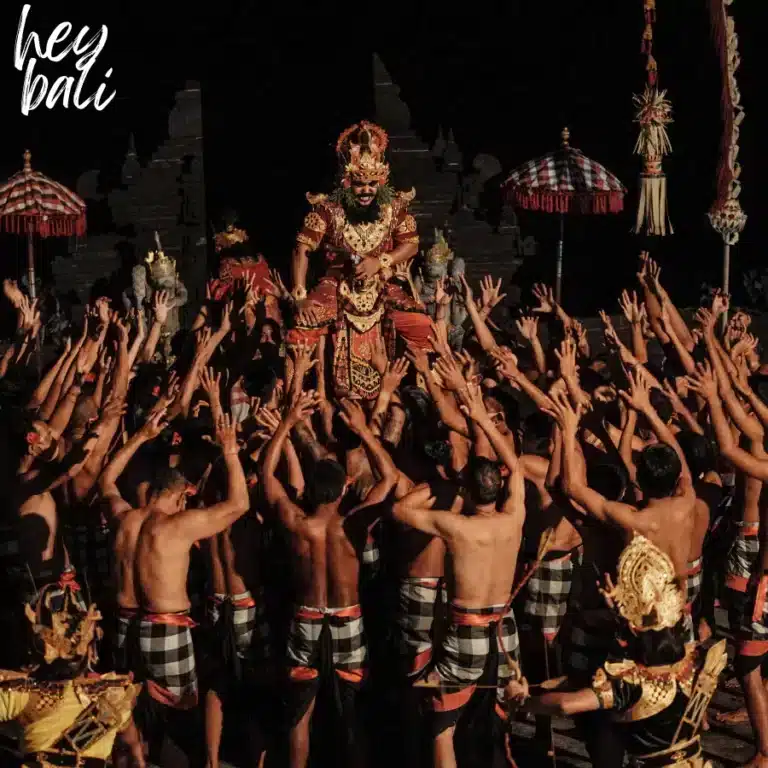Chapters
ToggleMonkey Forest Bali Incident – Hey Bali Team – Bali
The lush jungles of Ubud’s Sacred Monkey Forest have long captivated travelers with their playful macaques and ancient temples. But a recent viral incident has revealed something far deeper – the very real spiritual consequences of disrespecting Bali’s sacred natural order. What began as a disturbing act of animal cruelty transformed into a powerful lesson about cultural respect, karma, and the island’s living spirituality.
The Incident That Shook Bali – Monkey Forest Bali Incident
On July 12, 2025, a construction worker from outside Bali allegedly struck one of the forest’s sacred macaques after it disturbed his meal. What followed was stranger than fiction. Within hours, the man began exhibiting bizarre, monkey-like behaviors – twitching uncontrollably, grimacing, and compulsively sticking out his tongue. Videos shared on social media (as reported by DetikBali) showed his disturbing transformation.
“The moment I saw him, I knew this was pawisik (a spiritual warning),” said Jero Mangku Dalem, the priest of Pura Dalem Monkey Forest. “His body moved exactly like the macaques he had harmed.”
〰️🌀〰️🌀〰️🌀〰️
A Spiritual Emergency
The man’s employer, a Balinese from Tabanan, immediately sought guidance from a balian (traditional healer). The diagnosis was clear: he had angered the forest’s invisible guardians.
“This isn’t just about animal welfare,” explained Mangku Dalem. “These macaques are considered custodians of the temple. When you harm them, you disrupt the spiritual ecosystem.”
The purification ritual that followed was intense:
- Pejati offerings: Elaborate handmade palm-leaf creations
- Tirta pengelukatan: Holy water purification
- Mecaru ceremony: To restore balance between humans and nature
“By the third day, his symptoms stopped,” the priest recalled. “But the lesson remains.”
〰️🌀〰️🌀〰️🌀〰️
Why This Matters For Visitors – Monkey Forest Bali Incident
General Manager Agung Bagus Baskara stresses that this isn’t an isolated case. “Every month, we see tourists who think the monkeys are just photo props. They pull tails, tease them with food, or worse. Then they’re surprised when karma comes quickly.”
The forest’s spiritual significance runs deep:
- Three Ancient Temples: Pura Dalem, Pura Beji, and Pura Prajapati form a sacred triad
- Invisible Guardians: Locals believe 700+ macaques serve as physical manifestations of spiritual protectors
- Living Mythology: The forest features in the Ramayana epic, where monkey warriors helped rescue a goddess
〰️🌀〰️🌀〰️🌀〰️
🧳Read: Need help with left behind items in Bali? Free and Sincere Help from Hey Bali
Cultural Sensitivity Guide
Hey Bali consulted anthropologist Dr. Ni Made Sarini for visitor guidelines:
- The Sacred Space Rules
- Remove hats before entering temple areas
- Women on period should abstain from touching statues
- Never point your feet at monkeys or shrines
- Monkey Etiquette
- No direct eye contact (seen as aggressive)
- Empty your pockets – they’ll steal loose items
- Move slowly – sudden gestures trigger defensive bites
- When Things Go Wrong
- If bitten, seek immediate help from staff (rabies risk)
- For spiritual concerns, ask staff to contact a pemangku
- Purification ceremonies can be arranged at Pura Dalem
〰️🌀〰️🌀〰️🌀〰️
The Bigger Picture
This incident coincides with Bali’s push for more responsible tourism. The provincial government recently launched the “Karma Tourism” initiative, educating visitors about:
- Tri Hita Karana: The Hindu philosophy of harmony with God, humans, and nature
- Nyepi’s Lessons: How the Day of Silence teaches respect for Bali’s ecosystems
- Subak System: The UNESCO-listed water temples that sustain Bali’s agriculture
🧳Read: 12 Things to Avoid in Bali Unless You Enjoy Explaining Yourself to Local Grandmas
Local Perspectives
We spoke with villagers in Padangtegal, the traditional custodians of the forest:
“During COVID when tourists left, the monkeys became calmer,” said Wayan Sutawa, a coconut vendor. “Now the crowds are back, we see more aggressive behavior from both humans and monkeys.”
Ketut Wirasanti, a local guide, adds: “Western visitors often ask why we ‘worship’ monkeys. We don’t. We respect their role in a system much older than tourism.”

〰️🌀〰️🌀〰️🌀〰️
🧳Read: The Dark Side of Bali Coworking Spaces (That No One Talks About)
Expert Commentary
Dr. Luh Putu Sri Armini, a psychologist at Udayana University, explains the incident’s psychological dimensions:
“What we call ‘karma’ aligns with trauma responses. The guilt of harming a sacred animal can manifest physically – it’s a well-documented phenomenon in cultures with strong animist traditions.”
Meanwhile, wildlife expert Dr. I Wayan Suardana cautions:
“While spiritual explanations resonate locally, visitors should know these are wild animals. 87% of bites occur during inappropriate interactions.”
Sustainable Tourism Solutions
The Monkey Forest management is implementing new measures:
- Enhanced Signage: Multilingual explanations of spiritual significance
- Visitor Caps: Limiting entries during peak hours
- Cultural Ambassadors: Training macaque feeders to educate tourists
Your Bali Reminder – Monkey Forest Bali Incident
As you explore this magical island, remember:
✓ Nature here is never just scenery – it’s alive with meaning
✓ Every action has reactions, visible and invisible
✓ When in doubt, observe first, ask permission, and move with respect
The man in our story recovered, but his experience serves as Bali’s latest cautionary tale. In a place where the physical and spiritual worlds intertwine so visibly, perhaps we should all tread a little more lightly.
〰️🌀〰️🌀〰️🌀〰️




































































